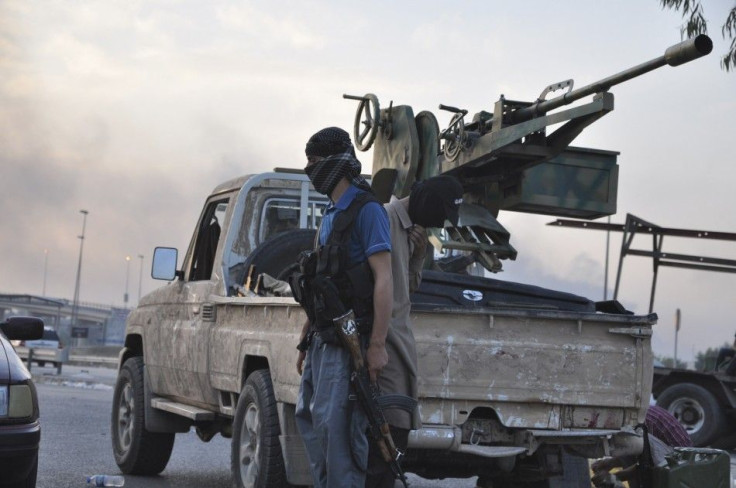Iraq Crisis: Militants Seize Saddam Hussein's Chemical Weapons Facility

Saddam Hussein's past chemical weapons facility is now under the control of Islamist militants. The U.S. government found the facility still has a stockpile of old chemical weapons but believes militants won't be able to create new weapons from the stockpile, the Wall Street Journal reports.
Nevertheless, the drastic advances by the militants are reasons for concern, said U.S. officials.
"We remain concerned about the seizure of any military site by the ISIL. We do not believe that the complex contains CW materials of military value and it would be very difficult, if not impossible, to safely move the materials," U.S. State Department spokeswoman Jen Psaki said, as quoted by the Wall Street Journal.
In 2003, the U.S. invaded Iraq upon proofs Hussein has weapons of mass destruction that put the world under ruthless threat.
However, for the current crisis in Iraq, the U.S. ruled out military strikes against the militants.
The U.S. government is limiting its assistance to Iraq with 300 U.S. Special Operations troops only to "train, advise and support Iraqi security forces going forward," U.S. President Barack Obama said, as reported by The Washington Post.
"In the meantime, my job is to make sure that American personnel there [are] safe, that we are consulting with the Iraqi security forces, that we're getting a better assessment of what's on the ground and that we're recognizing the dangers of [ISIS] over the long term and developing the kinds of comprehensive counterterrorism strategy that we're going to need to deal with this issue," Mr Obama said.
"We will be prepared to take targeted and precise military action if and when we determine that the situation on the ground requires it," Mr Obama added.
With this, Australia's intervention in Iraq remained limited to providing humanitarian aid, as Prime Minister Tony Abbott said last week Australia will only take the lead from the U.S. in handling the Iraq conflict.
Australia will not be planning sending its troops in Iraq to fight against the militants in next to no time with the U.S. telling senior Iraqi officials it will not intervene militarily until Prime Minister Nouri al-Maliki leaves office, The Independent exclusively reports.
According to the report, the Sunnis blamed Mr Maliki for the oppression they experienced. Mr Maliki was the one blamed of branding Sunnis as second-class citizens. They also accused Mr Maliki of putting as many as 100,000 Sunnis behind jail without lawful charges and subjected them to torture.
With Mr Maliki still in office and the Sunnis angry, the ISIS/ISIL is capable of recruiting more Sunni males to join them. The original 10,000 ISIS fighters have now multiplied.
"Less than 100 Daesh [Isis] came into the town and soon became more than 2,000 armed men. Even teenagers aged 14 and 15 are carrying rifles and setting up checkpoints," a local woman told The Independent.
There is no confirmation that Mr Obama had call for Mr Maliki to step down but he implied that Mr Maliki's administration is not handling the Iraq crisis effectively.
"Right now is a moment where the fate of Iraq hangs in the balance. And the test for all of them is going to be where they can overcome the mistrust, the deep sectarian divisions, in some cases just political opportunism and say, this is bigger than any one of us, and we've got to make sure that we do what's right for the Iraqi people," Mr Obama said.





















